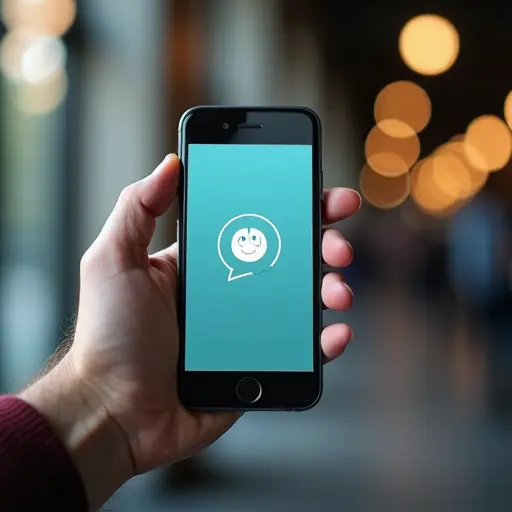Mental health app downloads surged to 125 million in 2024 as digital wellness tools gain popularity. Calm leads the $880M market, while research shows effectiveness for stress reduction though engagement challenges persist. Regulatory scrutiny increases amid privacy concerns.

Digital Wellness Tools See Unprecedented Growth
Mental health apps are experiencing record-breaking downloads as global stress levels rise. According to recent data from Business of Apps, wellness apps generated $880 million in revenue in 2024, with over 125 million downloads worldwide. Top apps like Calm and Headspace lead this surge, capitalizing on growing workplace stress and mental health awareness.
Market Expansion and Key Players
The mental health apps market is projected to reach $17.52 billion by 2033 according to Straits Research, growing at 9.5% annually. North America dominates revenue generation ($417 million in 2024), while Europe shows the fastest growth. Calm remains the market leader with $227 million revenue last year, followed by Headspace and meditation newcomer Pokémon Sleep.
Effectiveness Research Findings
A 2025 meta-review in the Journal of Medical Internet Research analyzed 29 studies showing digital wellness programs significantly improve mental health outcomes. Workplace interventions demonstrated measurable benefits:
- Stress reduction in 76% of users
- Improved sleep quality for 68% of participants
- 23% decrease in burnout reports
Critical Concerns and Regulation
Frontiers in Psychiatry highlights emerging concerns about "digital dependency" where users substitute apps for professional care. Privacy issues remain prevalent, with studies showing 85% of mental health apps fail basic data security standards. Regulatory bodies like the EU's GDPR are implementing stricter controls, while platforms like ORCHA now evaluate apps across 105 quality dimensions.
Future Outlook
Employers increasingly integrate these tools into corporate wellness programs. "Digital solutions bridge critical gaps in mental healthcare access," explains Dr. Guy Pare, co-author of the JMIR study. As hybrid work models continue, analysts predict mental health apps will become standard employee benefits alongside traditional healthcare.

 Nederlands
Nederlands English
English Français
Français Deutsch
Deutsch Español
Español Português
Português






